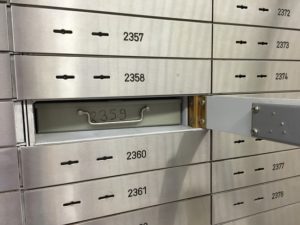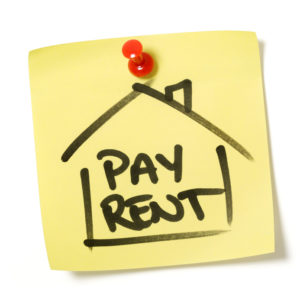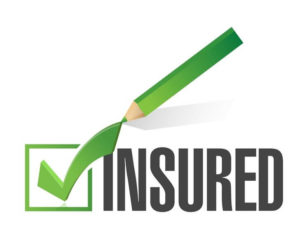 In the past, most families keep their most important documents in a safe deposit box at their local bank. Today banks are not even including safe deposit boxes in their new buildings, and the ones that still exist may not be as safe as you think.
In the past, most families keep their most important documents in a safe deposit box at their local bank. Today banks are not even including safe deposit boxes in their new buildings, and the ones that still exist may not be as safe as you think.
Every year hundreds of people report items missing from their box and sometimes the entire contents. Some of the fault lies with the owner – they have forgotten about something they removed, or they gave a spouse or other family member access, and that person removed something without the owner’s knowledge. But even when the bank is clearly at fault, consumers rarely have their items returned to them or receive compensation for the lost items. The laws regarding safe deposit boxes are lax, and banks are protected by the fine print in their rental agreements.
Most times, losses are limited to a specific dollar amount or a multiple of the annual lease agreement, which typically doesn’t come close to the actual dollar value. Banks have deeper pockets than their depositors and are known to drag out claims for years. How do you protect yourself? Know the risks and consider other options.
Here are a couple of the most common reasons a deposit box owner could lose their contents and not have much recourse:
1. Banks consolidate, move or even go out of business

When a bank branch closes, safe deposit boxes can be moved to another location without the owner’s knowledge. Banks usually make an effort to notify customers, but if their records are not up to date, or if you have moved, you may never know about the change.
2. If you do not pay your annual rent – the bank has a right to empty your box
 Again, good records are everything, and opening and reading everything you get from your bank is important. Many times, people put items in a safe deposit box and forget about them. If you are not regularly accessing your box and forget about it, you may forget about paying the annual rental fee. This could be a costly mistake! If you miss a statement from your bank, they have a right to empty the contents of your box.
Again, good records are everything, and opening and reading everything you get from your bank is important. Many times, people put items in a safe deposit box and forget about them. If you are not regularly accessing your box and forget about it, you may forget about paying the annual rental fee. This could be a costly mistake! If you miss a statement from your bank, they have a right to empty the contents of your box.
If a safe Deposit box isn’t safe, what can you do instead?
- Consider investing in a quality home safe for small valuables and important papers that you need immediate access to, however, know that a home safe carry risks as well.
- Scan all important documents and save to a secure “online” safe.
- If you do have a safe deposit box, make sure your payment is up to date and open it at least once a year.

Also, many people do not realize that their Safe Deposit Box is not covered by FDIC insurance. No safe deposit box or home safe is completely safe from fire, theft, or water damage, so the most important thing you can do in to make sure your items are properly insured.
Are you looking for ways to make sure your retirement savings are safe or that your family will be financially secure if something happens to you? Give us a call today – we are here to help!

